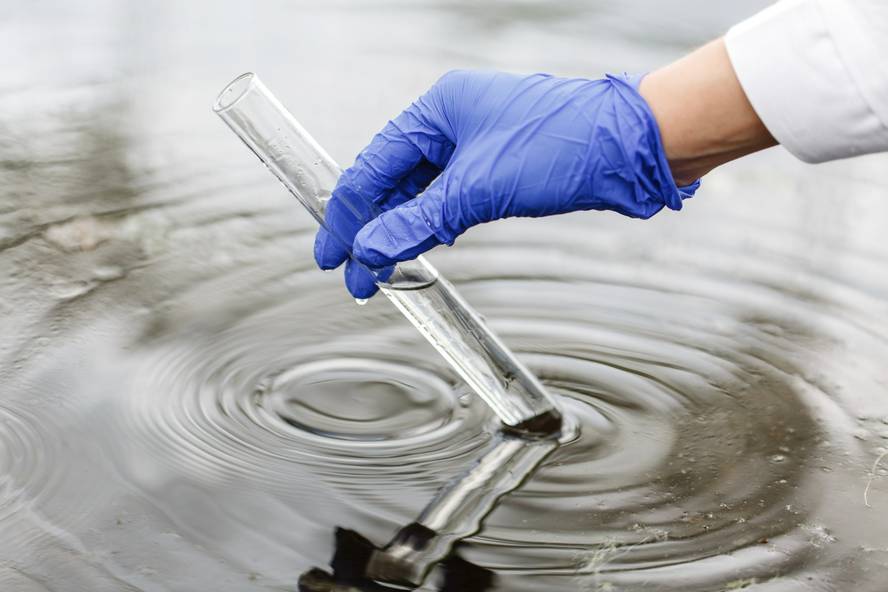Waters around the world are more polluted than expected by PFAS substances

Under the name of PFAS there is a large group of substances, over 14,000 compounds. They are widely used in the industry and in many consumer products, such as waterproof cooking utensils, food packaging and waterproof fabrics. These substances are very persistent in the environment and can be toxic and dangerous to health. Therefore, in some countries the use and production of some PFAS is prohibited and many countries have regulated PFAS levels that may contain drinking water.
This study measured PFAS levels in 12,000 surface water samples worldwide and in 33,900 groundwater samples, with a high percentage exceeding the reference values. This proportion varies according to the regulation considered. For example, 69% of groundwater samples without known sources of pollution exceed the limit set by Canada, which falls to 6% if the criteria set by the European Union are taken into account.
Furthermore, the study has shown that current PFAS monitoring programmes neglect the level of contamination of these substances due to the limited amount of PFAS commonly studied in these programmes. Thus, actual pollution of global water resources is likely to be higher than the currently documented.





